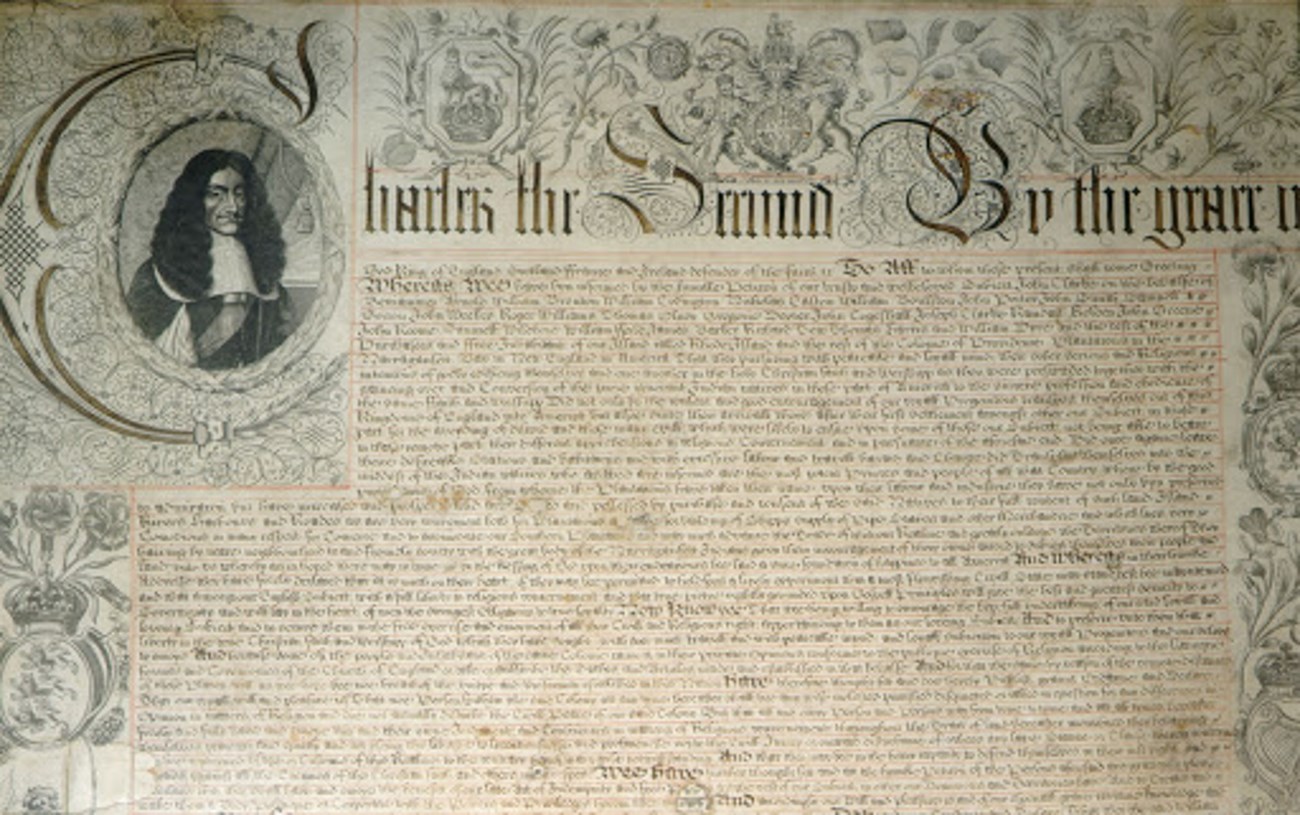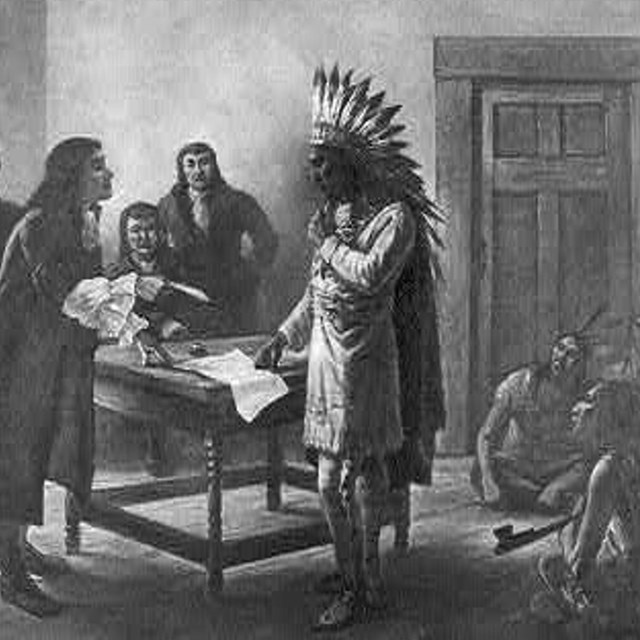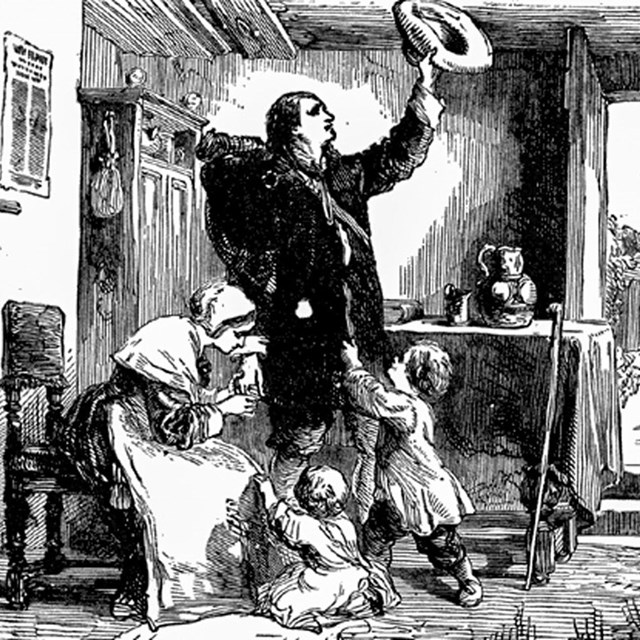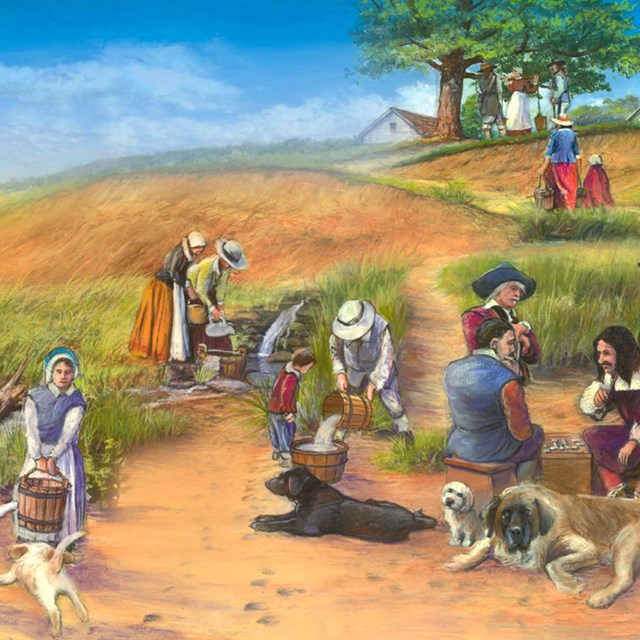
Roger Williams decided to return to England in 1651. This time he went with John Clarke of Newport. They wanted Coddington’s commission revoked and a Charter confirmed. However, England was still in the midst of turmoil at this time. In 1649, Parliamentary forces executed Charles I. During the First Commonwealth, Parliament did not consider granting Rhode Island a Charter a high priority. By 1654, Oliver Cromwell was Lord Protector of England which gave him dictatorial power. Roger decided to return to Providence. Upon his return, he served as chief officer from 1654 - 1658. John Clarke stayed in England. He continued the pursuit for a Charter. After many years of hard work, the end of the Commonwealth and the restoration of King Charles II, Clarke finally obtained a Royal Charter in July, 1663. This Charter guaranteed an unprecedented level of religious liberty. This made Rhode Island a refuge for all persecuted for their consciences’ sake. It also allowed Rhode Island to elect its own government. This included the right to elect their own governor not have one appointed by the monarchy. The Charter stated that the colony “hold forth a lively experiment, that a most flourishing civil state may stand and best be maintained, and that among our English subjects, with a full liberty in religious concernments; …That our royal will and pleasure is, that no person within the said colony, at any time hereafter, shall be anyway molested, punished, disquieted, or called in question, for any differences in opinion in matters of religion, and does not actually disturb the civil peace of our said colony; but that all and every person and persons may, from time to time, and at all times hereafter, freely and fully have and enjoy his and their own judgments and consciences, in matters of religious concernments.” Learn More
|
Last updated: December 14, 2021



